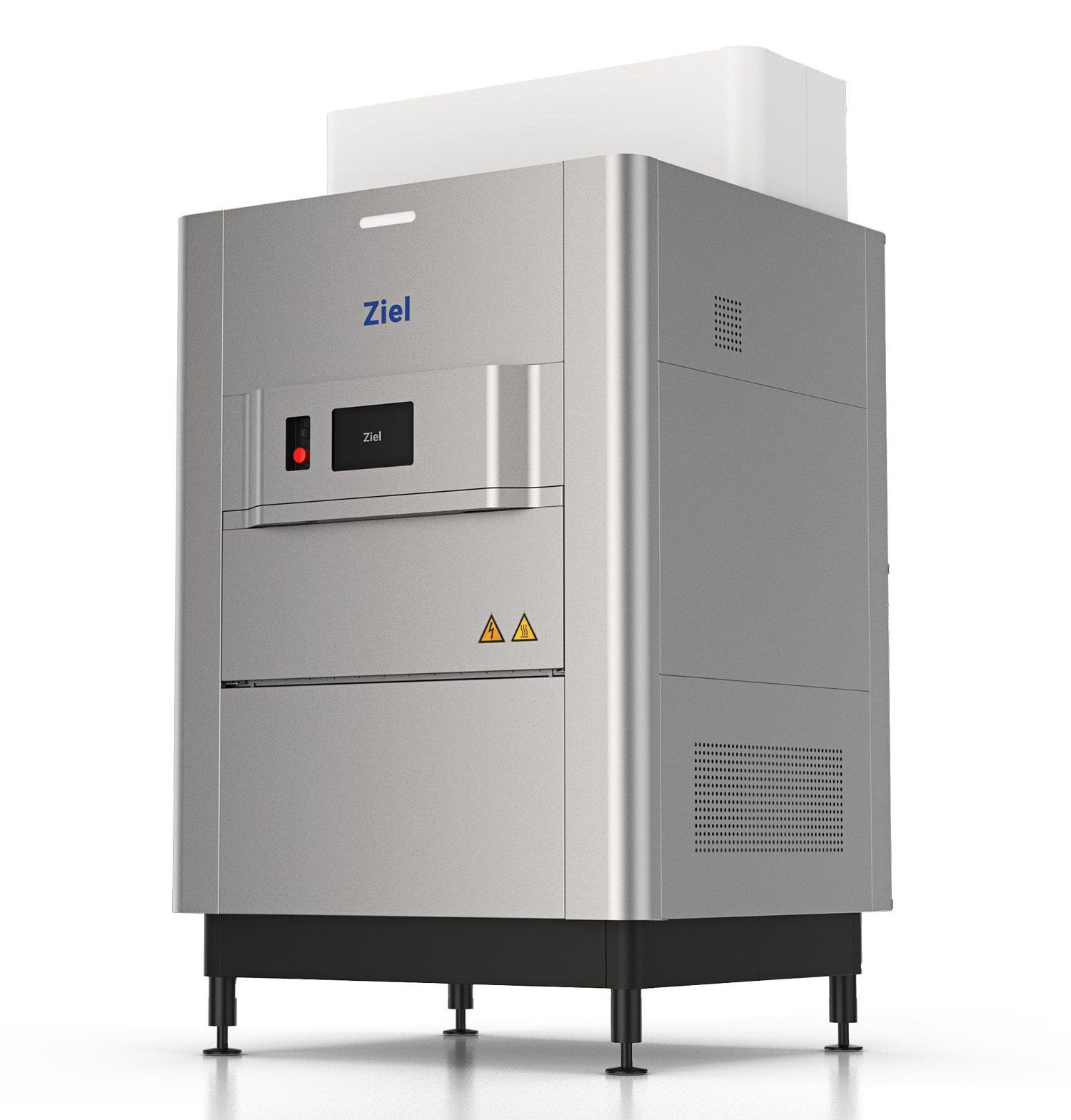The Hidden Mold Crisis in Cannabis:
Inside "Lab Gate"
The cannabis industry is dealing with a major scandal—some are calling it “Lab Gate.” Testing labs are supposed to protect consumers, but instead, some are helping moldy cannabis pass inspections and land on dispensary shelves.
Take Massachusetts. Labs there have been warning for years that mold-contaminated products are hitting dispensary shelves. But instead of taking action, regulators turned a blind eye—until a consumer advisory last month finally acknowledged the issue. Meanwhile, Colorado is dealing with its own mess. An investigation found massive testing fraud, with labs manipulating results to make products seem safer than they really are.
At Ziel, we believe testing alone isn’t enough if labs are not consistently reliable. That’s why our Apex 7 and RFX decontamination systems go beyond testing—they address mold and pathogens before the product reaches consumers.
Mold Contamination: The Scandal Goes Deeper
Here's the truth: state cannabis testing rules and enforcement are inconsistent. In some states, businesses can get away with selling contaminated products simply because regulators don’t enforce strict enough standards.
In New Jersey, regulators just updated their rules to tighten things up:
- Smaller batch sizes for testing (now capped at 33.07 lbs instead of 100 lbs)
- No more lab shopping—businesses can’t just hop from one lab to another to get the results they want
- Standardized lab testing protocols for pesticides, heavy metals, and mold
But even with tougher regulations, the same tricks are happening in other states.

Colorado’s cannabis industry is riddled with loopholes. A deep dive into 325,000 mold tests found shady patterns—labs were tweaking results to just barely meet legal limits. Even worse, some companies were remediating only their samples before testing to guarantee a pass, while selling the rest of the batch untreated and untested.
And then there’s Massachusetts. Testing labs there warned regulators for years, providing hundreds of data points showing moldy cannabis being sold. The response? Crickets. Some cannabis workers have even reported being told to "just pick out the moldy pieces" and sell the rest. As reported by GBH in their investigative article on mold contamination in cannabis, these warnings were largely ignored by the Cannabis Control Commission despite mounting evidence.
This isn’t just about bad business practices. Mold spores can cause serious health problems, especially for people with respiratory conditions or weakened immune systems. Yet weak oversight allows this problem to continue.
Decontamination: The Only Way to Fix This Mess
Testing is important, but here’s the real question: what happens when cannabis mold counts are above state regulatory limits?
Some companies turn to chemical treatments or irradiation, but those methods can impact the product’s taste, smell, and potency. However, there is a better option..
Ziel’s radio frequency (RF) decontamination technology mitigates mold without damaging the product. The Apex 7 and RFX machines use RF energy to kill mold, bacteria, and other microbes while preserving the flower’s organoleptic qualities.
Cannabis cultivators that use Ziel’s technology don’t have to hope their product is safe—they know it is.
And if you’re a consumer, there are ways to access a Certificate of Analysis (CoA) before you buy. This report shows whether a product was properly tested and free from harmful contaminants. These COAs are available through various channels, including dispensary websites, QR codes on product packaging, in-store access, or by directly requesting them from the producer or dispensary staff.

The Industry Needs to Clean Up Its Act
In order for the Cannabis Industry to succeed, it can’t afford another Lab Gate.
Here’s what needs to change:
- Regulators need to enforce stricter testing rules and crack down on fraud.
- Labs must stop manipulating results—passing moldy products to keep clients happy is unacceptable.
- Cultivators must invest in real decontamination solutions instead of hoping they can slide by with weak testing.
At Ziel, we’re giving cannabis businesses the tools to produce truly clean cannabis—so consumers stay safe and cultivators can protect their brand. Want to address mold contamination for good? Let’s talk.
Contact our team today or visit our website to see how Ziel’s technology can keep your cannabis clean, safe, and trustworthy.
References
*1. LeMoult, C. (2025, February 12). Labs warn mold contamination is more widespread than Cannabis Control Commission has let on. GBH News.
*2. Wyloge, E., & Osher, C. (2025, February 21). Is Colorado cannabis safe? Testing for potency, contaminants riddled with loopholes. The Denver Gazette.
*3. New Jersey Cannabis Regulatory Commission. (2025, February 19). NJ-CRC adopts new cannabis testing guidelines.
*4. Centers for Disease Control and Prevention. (2020). Cannabis Use and Fungal Infections in a Commercially Insured Population, United States, 2016
*5. New Jersey Cannabis Regulatory Commission. (2025, March 4). High Points: Understanding Certificates of Analysis.